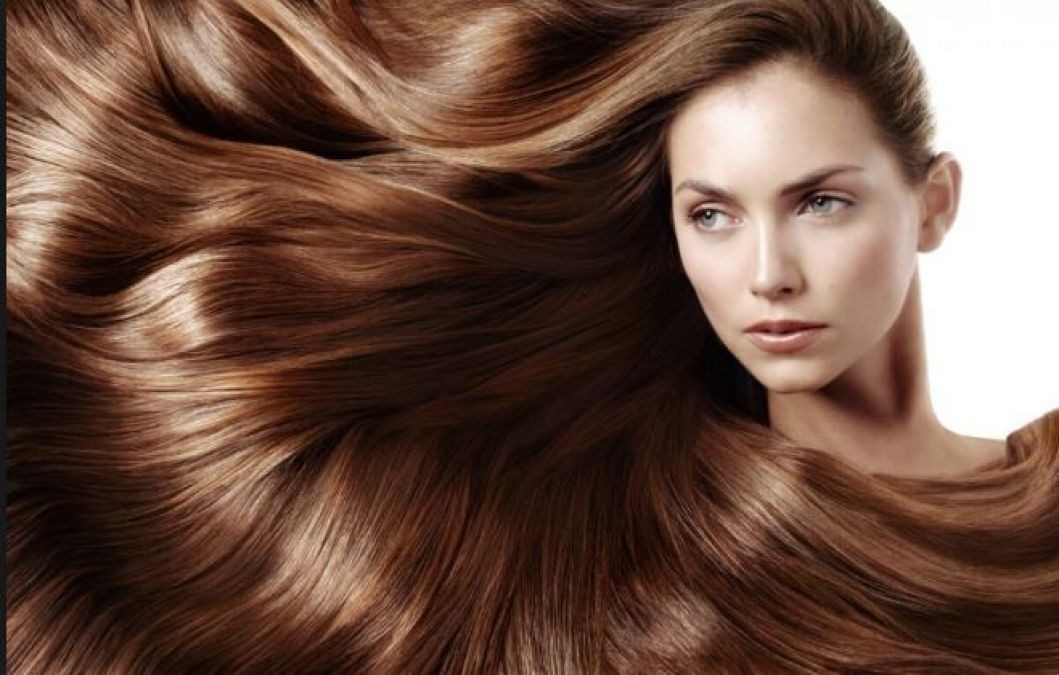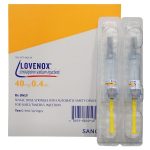
Contents
How Can I Make My Hair Soft and Silky?
Your hair may become dry and brittle if your diet is unhealthy or if you use inappropriate hair products.
The signs of healthy hair include thickness, softness, and shine. Silky hair is not something everyone is naturally born with. Dryness and roughness occur when your hair does not retain moisture from the natural scalp oils. Here are some lifestyle and hair care changes you can make to achieve soft and silky hair.
- Choose hair care products for your specific hair type. When buying shampoos and conditioners, consider your hair type – oily, dry, or damaged. The formulations of hair care products are designed for different hair types.
- Avoid daily shampooing. Daily shampooing strips away natural oils. Shampoo your hair two or three times a week, and if you have oily hair, try dry shampoos. Focus on shampooing the scalp and not the tips.
- Always use a conditioner. Apply conditioner for 2-5 minutes after shampooing, focusing on the tips of your hair. Conditioners help retain moisture, reduce static electricity, and protect from the sun.
- Utilize hair masks. Apply homemade hair masks once a week to retain oil in your hair. Choose masks such as egg yolk and avocados, bananas and avocados, or aloe vera gel. Leave the mask on for 1 hour before washing with shampoo and conditioning.
- Avoid washing your hair with hot water. Hot water dries out your hair. Use lukewarm or cold water instead.
- Rinse conditioner with cool water. Finish your hair wash routine by rinsing off the conditioner with cold water.
- Try hot oil treatments. Warm coconut oil, olive oil, or castor oil, and gently massage into your hair for a few minutes. Cover your hair with a shower cap and wrap a towel dipped in hot water. Leave it on for 10 minutes, then shampoo and condition your hair.
- Occasionally use homemade conditioners. Applesauce and apple cider vinegar can be used as conditioners after washing your hair.
- Limit the use of heating tools. Styling tools like hair straighteners and hairdryers strip away natural oils and can cause damage if used frequently. Use them sparingly and apply heat-protectant before use.
- Avoid tight hairstyles. Hairstyles like tight ponytails or using tight hairbands can damage your hair. Opt for looser hairstyles.
- Protect your hair from the sun. Use a scarf to cover your hair when outdoors.
- Minimize the use of hair colors/dyes. Frequent coloring or perming can damage your hair’s texture. Limit these treatments to a minimum of 6 weeks apart.
- Trim your hair regularly. Trimming helps reduce split ends and promotes healthy-looking hair.
- Make dietary changes. Include healthy lipids like omega-3 fatty acids found in fatty fishes and flaxseed oil. Consume iron-rich foods such as beetroot, dates, beans, lentils, spinach, and jaggery. Add biotin-rich foods like eggs, spinach, and almonds. Incorporate Vitamin C through citrus fruits and get Vitamin D from sunlight or foods like egg yolk, mushrooms, and fish.
If these home remedies do not improve the condition of your hair, consider consulting a skin specialist or dermatologist. They can identify any underlying medical conditions such as nutritional deficiencies and provide appropriate treatment.
How can I make my hair grow faster and thicker?
Discover eleven home remedies to stimulate hair growth and thickness.
Consult your doctor for personalized advice on managing hair fall and addressing underlying health issues.
Try the following tips to promote faster and thicker hair growth at home:
- Take vitamins and mineral supplements to meet your hair’s nutritional needs. Consider over-the-counter multivitamins or ask your doctor for recommendations. Micronutrients such as biotin, Vitamin C, and Vitamin E stimulate hair growth. Omega-3 fatty acid supplements like fish oil can also promote hair growth.
- Massage your scalp with oils like olive oil or coconut oil mixed with essential oils such as tea tree oil and peppermint oil to stimulate hair follicles. Leave the oil on for 30 minutes to an hour before washing.
- Use hair conditioners regularly to add moisture and prevent tangling.
- Avoid tight hairstyles that can cause breakage and hair fall.
- Create an egg and yogurt hair mask by mixing egg white, yogurt, and honey. Apply the mixture to wet hair, leave it on for 30 minutes to 1 hour, and then wash it off. This will make your hair smooth, voluminous, and lustrous.
- Stay hydrated by drinking plenty of water. Coconut water can also help stimulate hair growth.
- Manage stress through activities like music, yoga, games, and meditation.
- Eat a wholesome diet rich in proteins, minerals, and vitamins for nourishing hair growth. Avoid fad diets that may lead to nutrient deficiencies and excessive hair loss. Include foods such as eggs, fish, berries, nuts, spinach, other leafy greens, jaggery, avocados, and oranges. Adequate protein intake is important, while processed foods and smoking should be avoided.
- Avoid using heat for styling your hair as it can strip away natural oils and moisture, making hair brittle and prone to breakage.
- Limit hair washing to 2-3 days a week to maintain a healthy and clean scalp without drying out the hair.
- If you want to color or style your hair, consult an expert for the least damaging options and proper aftercare.
QUESTION
What causes damaged hair?
Many people have concerns about getting and maintaining healthy hair. Issues such as thinning and dull hair are common. Our modern and busy lifestyles, dependence on chemical-laden products, stress, and pollution have all contributed to the deterioration of our hair’s health.
While it’s normal to lose some hair every day, excessive hair fall can lead to thinning hair, which is a cause for worry. Hair loss is not just a superficial issue; it can be a sign of underlying health problems.
Causes of excessive hair fall include:
- Hereditary factors
- Hormonal changes due to conditions like pregnancy, PCOS, hypothyroidism
- Stress
- Nutritional deficiencies such as iron deficiency or anemia, inadequate protein and vitamin intake
- Certain medications for high blood pressure or high cholesterol
- Chemotherapy
- Inflammatory scalp conditions like eczema and psoriasis
- Tight hairstyles
- Harsh hair products and frequent heat styling


